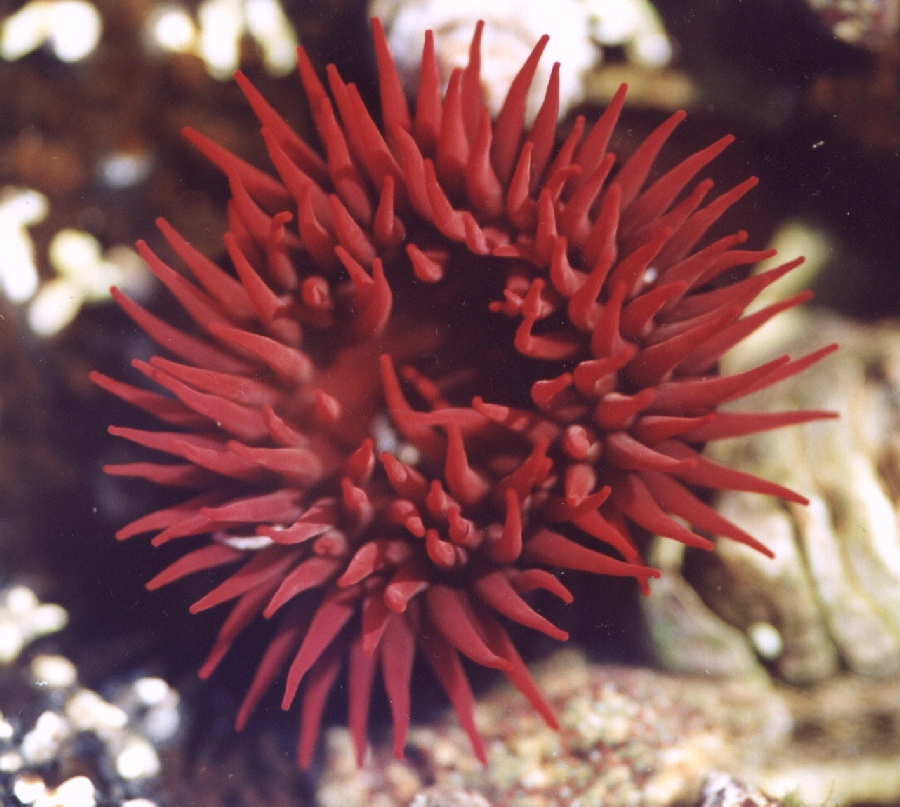Minibeasts/Invertebrates from the Beach - An Online Activity.
This one hour activity is suitable for Early Stage 1 to Stage 4 students
Effie and Chris are both biologists. We are both particularly interested in marine organisms. Organisms from rock platforms, beaches and shallow water are particularly interesting as they have to adapt to a harsh, variable environment.

 We will look at a mixture of live animals and dried specimens.
We will look at a mixture of live animals and dried specimens.
 We can show them close up with video microscopes.
We can show them close up with video microscopes.
 Students can interact by asking questions.
Students can interact by asking questions.
 We can provide information on how to safely find and observe these animals.
We can provide information on how to safely find and observe these animals.
 Teacher notes about the organisms investigated at that specific session will be provided.
Teacher notes about the organisms investigated at that specific session will be provided.
The content may include:
 Live animals will depend on season but usually include sea stars, anemones, seahares, elephant snails and other molluscs, crabs and urchins. We discuss features, requirements and adaptations.
Live animals will depend on season but usually include sea stars, anemones, seahares, elephant snails and other molluscs, crabs and urchins. We discuss features, requirements and adaptations.
 We also examine a variety of specimens that may be found on the shore and discuss how they may have behaved in life.
We also examine a variety of specimens that may be found on the shore and discuss how they may have behaved in life.
We will modify this session to suit the outcomes for students in different stages. This activity supports Knowledge and Understanding Outcomes:
STe-8NE: A student identifies the basic needs of living things.
ST1-10LW: A student describes external features, changes in and growth of living things.
ST1-11LW: A student describes ways that different places in the environment provide for the needs of living things.
ST2-10LW: A student describes that living things have life cycles, can be distinguished from non-living things and grouped, based on their observable features
ST2-11LW: A student describes ways that science knowledge helps people understand the effect of their actions on the environment and on the survival of living things
ST3-10LW: A student describes how structural features and other adaptations of living things help them to survive in their environment
SC4-14LW: A student relates the structure and function of living things to their classification, survival and reproduction
Online sessions. We ask the school to set up an online session on the meeting platform of their choice (Zoom, Google Meet, Webex), and to invite us as co-hosts or presenters. Students start the session muted and they unmute to ask or answer questions. We ask the class teachers to monitor the students'participation.
We would like to check the connection very briefly, before the date of the sessions, to ensure there are no technical issues.
Price for schools: $200 per session. It is up to you how many students you wish to have in each session. Smaller numbers allow for more interaction for students
Please contact Scienza Viva at any time to discuss your requirements.

